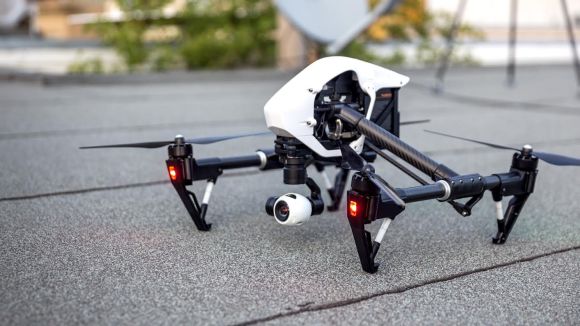The unmanned aerial vehicle used to be a thing in the movies associated with weapons of mass destruction the size of a family saloon. That, or your three-man killstreak in Call of Duty.
Now though, these UAVs — or drones — are more commonly associated with fancy camera equipment you can use to film your cat climbing up a tree. Or sick drag race vids. We’d go with the cat though because we all know cats rule the internet.
In a short period of time, drones have intergrated seamlessly into our lives, with many using them for a variety of purposes. They have been used to advance the production capability of movies, TV series and Internet videos.
They have also been crucial for the development of photojournalism, allowing access into locations previously too precarious for photographers. Our boys in blue are also launching a “drone unit” to facilitate surveillance.
2016 looks to take drones to greater heights, especially with big players stepping in to push it forward. Before I drone on about their history, here are some cool drone developments we’re definitely looking forward to.
[nextpage title=”Snapdragon Flight”]
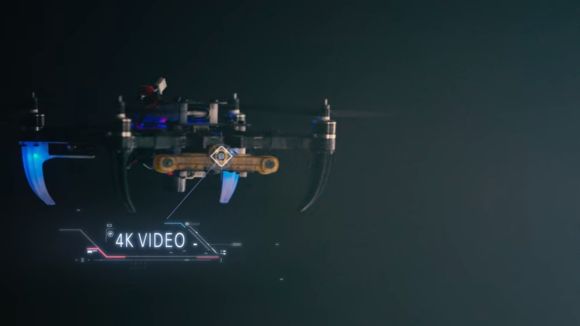
Qualcomm, a household name when it comes to the SoCs in your smartphones, have decided to take their first step into the development of drone technology with drone-specific processors. It’s no surprise that they want to gain a foothold in this up and coming market before anyone else can swoop in and steal their thunder.
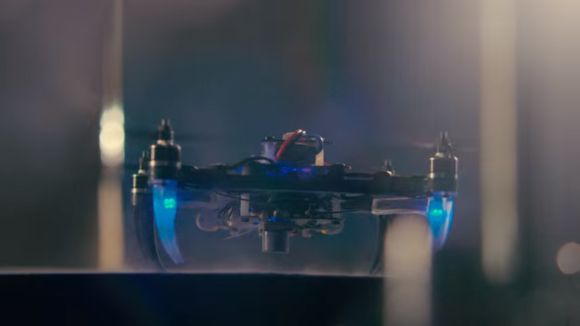
They’ve developed a reference design for their new Snapdragon Flight and plans to unveil it during CES 2016. CES, in case you didn’t know, is the Consumer Electronics Show, held every year in Las Vegas designed to showcase innovations in the tech industry.
Previously a hub for big product launches, CES is now home to more startup companies, with many major names choosing to have their own product launch events outside of CES. That said, there are those who still opt to stick with CES for their new tech, with Qualcomm being one of them.
Coming back to the Snapdragon Flight, this new processor looks to bring a host of awesome features to the mechanics of a drone. One of the most interesting features is what they call “autonomous path planning” which allows the drone to return from Point B to Point A “automatically”.
The Snapdragon Flight also features multiple cameras that can measure depth and help avoid collision autonomously. Qualcomm are also working on a technology that will give users the ability to plot a flight path and have the drone navigate it itself, rather than having the user manually fly it.
Add that to the fact that Qualcomm wants to bring down the price point for a 4k camera drone to around USD300-400 (around RM1,298-1,731) from it’s current USD1,200 (around RM5,195), and we’ve got exciting stuff on our hands. Qualcomm also thinks they can push the average battery life of a drone up to 45-60 minutes from its current 20-minute average.
[nextpage title=”Going pro”]
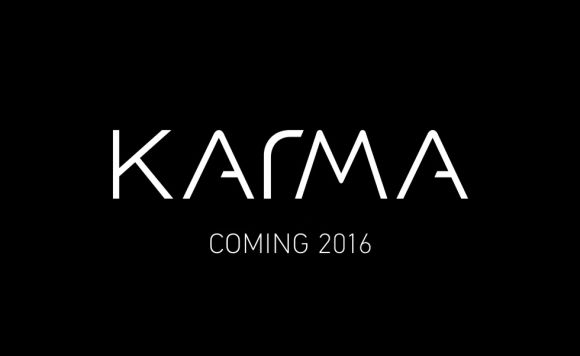
There is no denying that if someone mentions the word “action camera”, your first thought would be a GoPro. This company has become so deeply entrenched within the action camera industry that it has become quite difficult to separate one from the other.
It’s sort of like Jacuzzi and the hot tub — many think that they are one and the same. We’ll admit, GoPro does make some excellent action cameras as well as some questionable ones (though they still end up being pretty good), but as the world moves towards drone video imaging, so must this leading action camera company.
Initially, drones would have mounts for GoPro cameras, allowing GoPro to maintain at least a slice of the market. However, as companies continue to develop, they’ve begun abandoning the GoPro mounts, favouring their own proprietary cameras. DJI, for example, opted to go with their own wide-angle camera, X3, for one of their coolest looking drones ever: The DJI Inspire 1.
Now, the action camera giant simply cannot allow their influence in this booming market wane, so they bought over some companies and have begun working on the GoPro Karma — a 360-degree camera drone.
Or at least that’s what the rumours, and this teaser video, seem to point towards.
Set to hit the market in 2016, the Karma could be one of the biggest game changers in the drone imaging industry. Previously, 360-degree drone cameras were either third party or several GoPros strung together on a mount, but with the Karma, all of this could change.
If GoPro were to strap a solid camera onto their new flying baby that takes better video than single spherical camras like the Kodak PixPro SP360 4K, it could become a seriously hot item.
The only problem we could possibly forsee is the price. 4K drones are already quite pricey, but a solid 4K 360-degree drone? We don’t think the world is ready for that many figures to be placed on a drone’s product page.
Then again, this is all speculation so we’re going to keep our hopes up for the time being.
[nextpage title=”Smaller drones”]
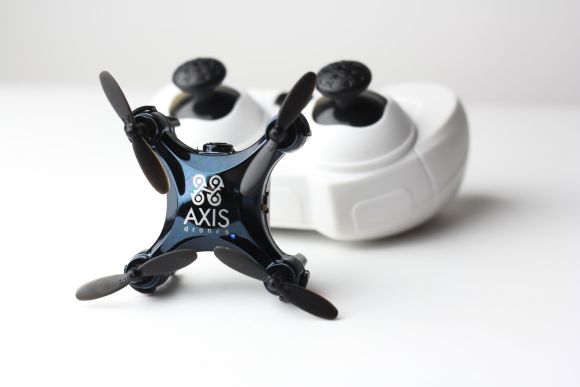
In tech, usually when something gets smaller or more compact, it’s a good thing, because that means less weight and less bulk. In the drone world, that’s pretty much the case too.
There have been many fit-in-your-palm drones developed throughout last year, but the Axis Vidius is the smallest-ever-camera-equipped drone. Although it’s roughly one and a half inches square, it is able to stream and record 420p video via WiFi.
Yeah, 420p isn’t the best of qualities, but we’re pretty impressed with it considering the size. Whatever happens, you can definitely expect drones to gradually get smaller and more compact as development on them continues.
Imagine the possibilities. Small drones with a great camera could help with search and rescue operations in, for example, a collapsed (or partially) building, keeping the rescuers lives out of harm’s way. They can also be misused of course, but we can, at least, try to believe in the benevolence of society right?
[nextpage title=”Pod racing”]
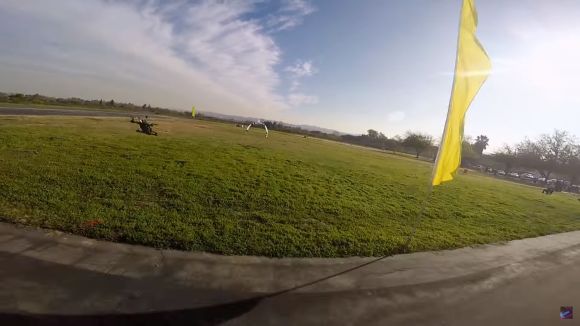
Well, not really. Not in a Star Wars sense anyway. We’re talking about drone racing.
Much like any other form of racing, drone racing pits pilot against pilot in a heart-thumping battle of dexterity around a tight course to see who has the fastest drone. The only difference is, the pilot is flying with the drone.
Notice we didn’t use literally, that’s because the pilot isn’t actually sitting on the drone — that’d be ridiculous. Rather, they don first-person goggles that, coupled with the drone’s onboard camera, make it seem like the pilot is actually in the drone, flying.
This is incredibly immersive and takes racing to a whole new level. It’s like a video game…in real life. Custom modded drones can whip about at incredible speeds, more than enough to get your heart racing.
As a sport, there certainly seems to be plenty of room to grow, and if you’ve ever fancied being a pod-racer, this is the next best thing,
[nextpage title=”Use the force, Luke!”]
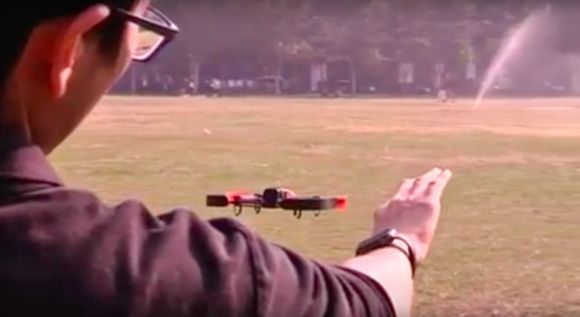
Keeping with our Star Wars theme, it seems a Taiwanese company has developed an Apple Watch app that allows users to control their drones with the Force.
Again, not really, but it looks pretty darn close.
The company, PVD+, is looking to secure a patent for its software, which extends beyond drones into lights and balls. But we’re not interested in that, we want us some flyers. While the specifics on how the application controls the drone doesn’t seem to be available, it does seem pretty legit.
Unfortunately, we can’t test this out for sure because Apple, until this day, have not brought the Watch into Malaysia. That said, using a controller is boring and completely uncool. Using your hands though…dope.
[SOURCE, 2, 3, 4, IMAGE SOURCE]

